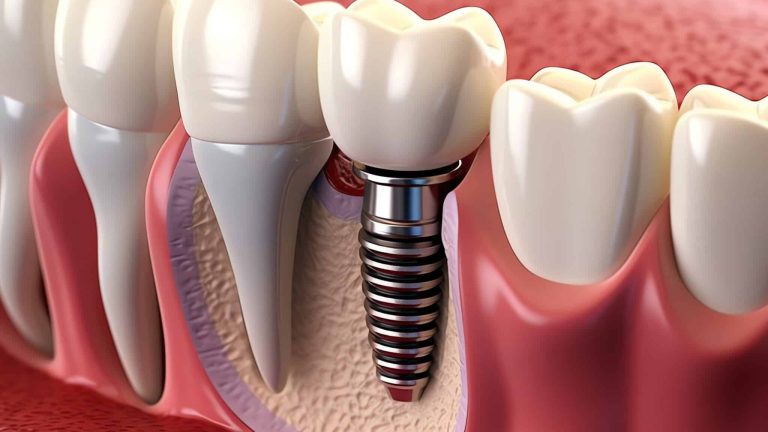For many people, visiting the dentist can trigger feelings of anxiety or fear. This fear, known as dental anxiety, affects a large part of the population and may cause some patients to avoid going to the dentist, which can lead to more serious dental problems. Fortunately, at Clínicas La Guardia, we understand this issue and offer solutions specifically designed to make each visit a comfortable and stress-free experience. In this article, we will explore the causes of dental anxiety and the available options to help make your next visit calm and pleasant.
Causes of Dental Anxiety:
Dental anxiety often develops due to various experiences or factors, which can vary from person to person. Below are some of the most common reasons patients may feel nervous about visiting the dentist:
- Fear of Pain:
Fear of pain during treatment is one of the most common causes of dental anxiety. Past experiences with painful procedures or the idea of potential discomfort can create fear of future visits. - Negative Past Experiences:
If a patient has had unpleasant or painful experiences in the past, they are more likely to feel anxious in the future. This may include inadequate anesthesia or poorly executed procedures. - Feeling of Loss of Control:
Sitting in a dental chair with an open mouth while the dentist works can make some patients feel like they have no control over the situation, increasing their stress levels. - Fear of Needles or Dental Instruments:
The sight of needles or dental tools can provoke anxiety, especially in people who already fear injections or medical objects.
Options for a Stress-Free Visit:
At Clínicas La Guardia, we offer a wide range of techniques and treatments designed to reduce dental anxiety and make every patient feel comfortable. These options are specifically developed for people who experience fear or stress when going to the dentist:
- Conscious Sedation:
Conscious sedation is a safe and effective technique used to help patients relax during dental procedures. Through sedative medications administered orally or intravenously, the patient feels calm and at ease, though they remain conscious and able to respond to the dentist’s instructions. This type of sedation is ideal for patients with severe anxiety or those who need to undergo lengthy procedures. - Advanced Local Anesthesia:
Modern technology allows for the administration of anesthesia to be virtually painless. Dentists use advanced techniques and state-of-the-art anesthetics to ensure that procedures are completely pain-free from the start. This way, patients can relax, knowing they won’t feel any discomfort during the treatment. - Relaxation and Breathing Techniques:
At Clínicas La Guardia, we teach our patients simple deep breathing and muscle relaxation techniques to help them feel calmer before and during the procedure. These techniques, combined with a comfortable and modern environment, help significantly reduce stress levels. - Warm and Pleasant Environments:
Creating a welcoming atmosphere is key to reducing anxiety. In our clinic, we’ve designed a pleasant environment with soft music, calming lighting, and a highly trained team attentive to the emotional needs of our patients. - Open and Personalized Communication:
A crucial aspect of reducing dental anxiety is establishing open and honest communication with the patient. At Clínicas La Guardia, we always take the time to listen to our patients’ concerns and answer all their questions. We explain each step of the treatment clearly, which helps reduce the feeling of uncertainty or fear.
The Importance of Talking to Your Dentist:
The best way to reduce dental anxiety is to share your concerns with the dentist. By openly discussing your fears, the dental team can adjust the treatment to make it more comfortable for you. For example, if you’re afraid of needles, we can plan alternative anesthesia techniques. If you’re worried about feeling pain, we can make sure your mouth is fully numbed before beginning any treatment.
Tips for Overcoming Dental Anxiety:
In addition to the techniques mentioned above, here are a few things you can do on your own to reduce fear of the dentist:
- Arrive Early:
Arriving early to your appointment gives you time to relax and get used to the environment. Avoid arriving in a rush or feeling stressed. - Bring Relaxing Music:
Listening to relaxing music during the procedure can help distract you and make you feel calmer. Some clinics, including ours, also offer headphones with relaxing music during treatment. - Positive Visualization:
Before and during your appointment, try to imagine yourself completing the treatment successfully. Visualize the final result, like a healthy smile, to motivate yourself to overcome the fear. - Take Breaks During the Procedure:
If at any point you feel uncomfortable or need a break, simply raise your hand, and the dental team will stop immediately. Knowing that you are in control of the situation can reduce your anxiety.
Conclusion:
Dental anxiety is a common issue, but it shouldn’t prevent you from receiving the dental care you need to maintain a healthy mouth. With modern conscious sedation options, advanced anesthesia, and an approach focused on the patient’s emotional well-being, dental visits can be a comfortable and stress-free experience. At Clínicas La Guardia, we are committed to providing you with the best dental care while ensuring you feel safe and relaxed every step of the way.



